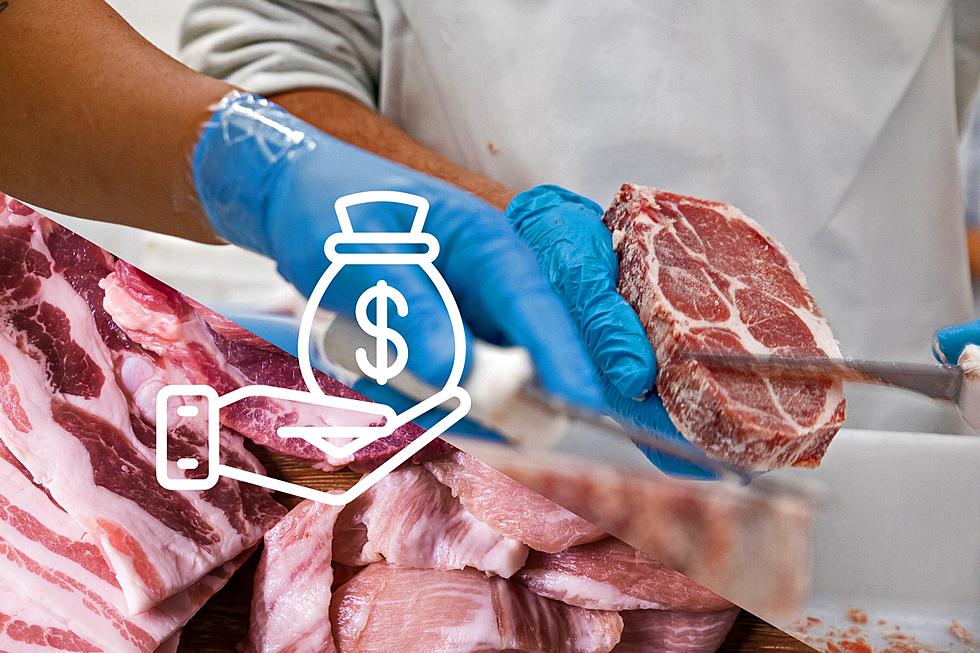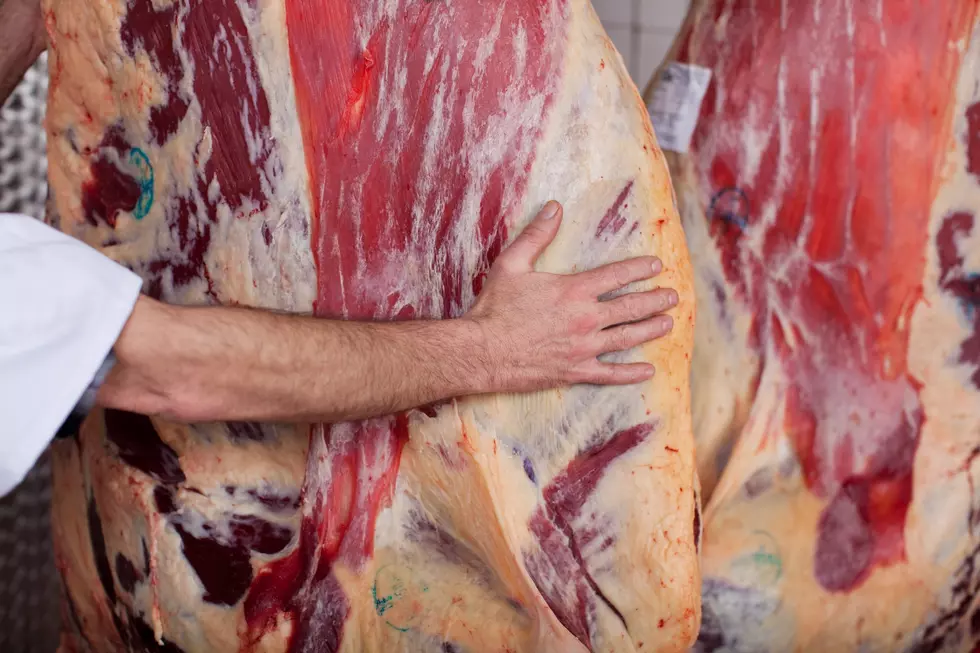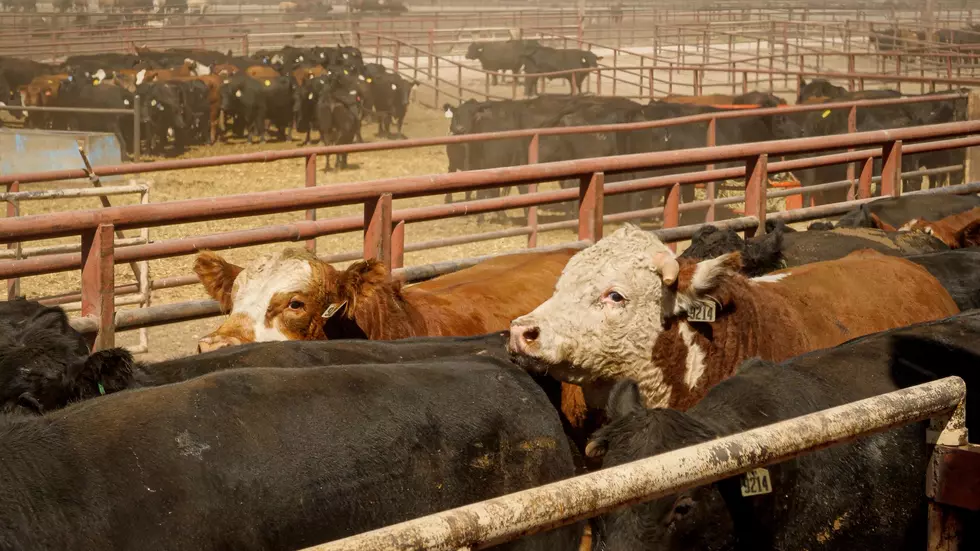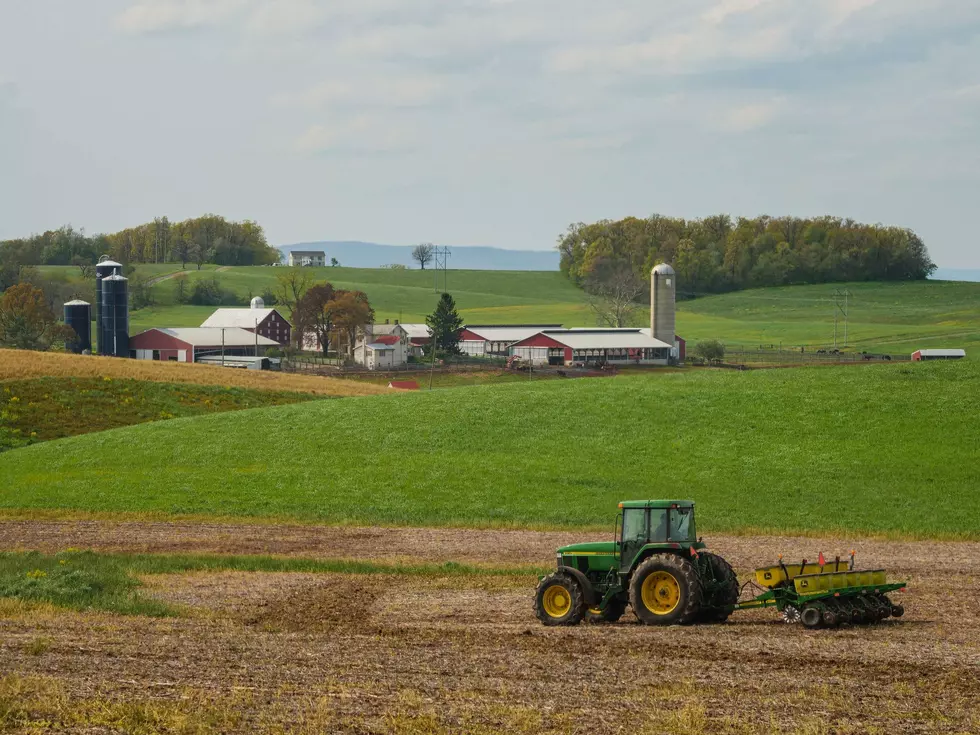Larew: More Needs To Be Done To Help Cattle Industry, Prevent Supply Chain Issues
Food supply chain disruptions and how to reduce them in future as well as disease outbreaks were front-and-center recently at the House Small Business Committee. One of the farm leaders with suggestions was National Farmers Union chief Rob Larew. He told the panel last week that the pandemic has shown the food system needs structural reform, including more competition and more processing plants.
“We have four beef companies controlling over 80% of the beef market. We have just 15 meat plants out there that manage 98% of the processing. It’s incredible concentration.”
Larew said the number of slaughtering plants has dropped from ten thousand to fewer than three thousand in just 52 years. And he noted, only 50 plants process nearly all cattle in the U.S. Larew said the industry’s less resilient because small producers can’t compete.
"Independent family farmers and ranchers, they have no way to truly understand where the market is. There are a slew of lawsuits going on right now related to market manipulation in the meat industry.”
Several bills would require half of all cattle processed to be purchased on the spot cash market, with more opportunity for independent producers. And Larew’s calling for more federal antitrust enforcement to boost competition. And another, more controversial idea, is to manage supply.
“Future efforts should focus on policy changes to address the causes, rather than simply the symptoms of a broken farm economy. One way to do this is through a cost-effective supply management system for farm commodities that would balance production with consumer demand.”
Larew said farmers who were able to sell commodities during the pandemic earned 6% less for their goods than a year ago. He claims a reserve system would reduce government payments and stabilize net farm income.
If you have a story idea for the PNW Ag Network, call (509) 547-1618, or e-mail gvaagen@cherrycreekmedia.com
More From PNW Ag Network









